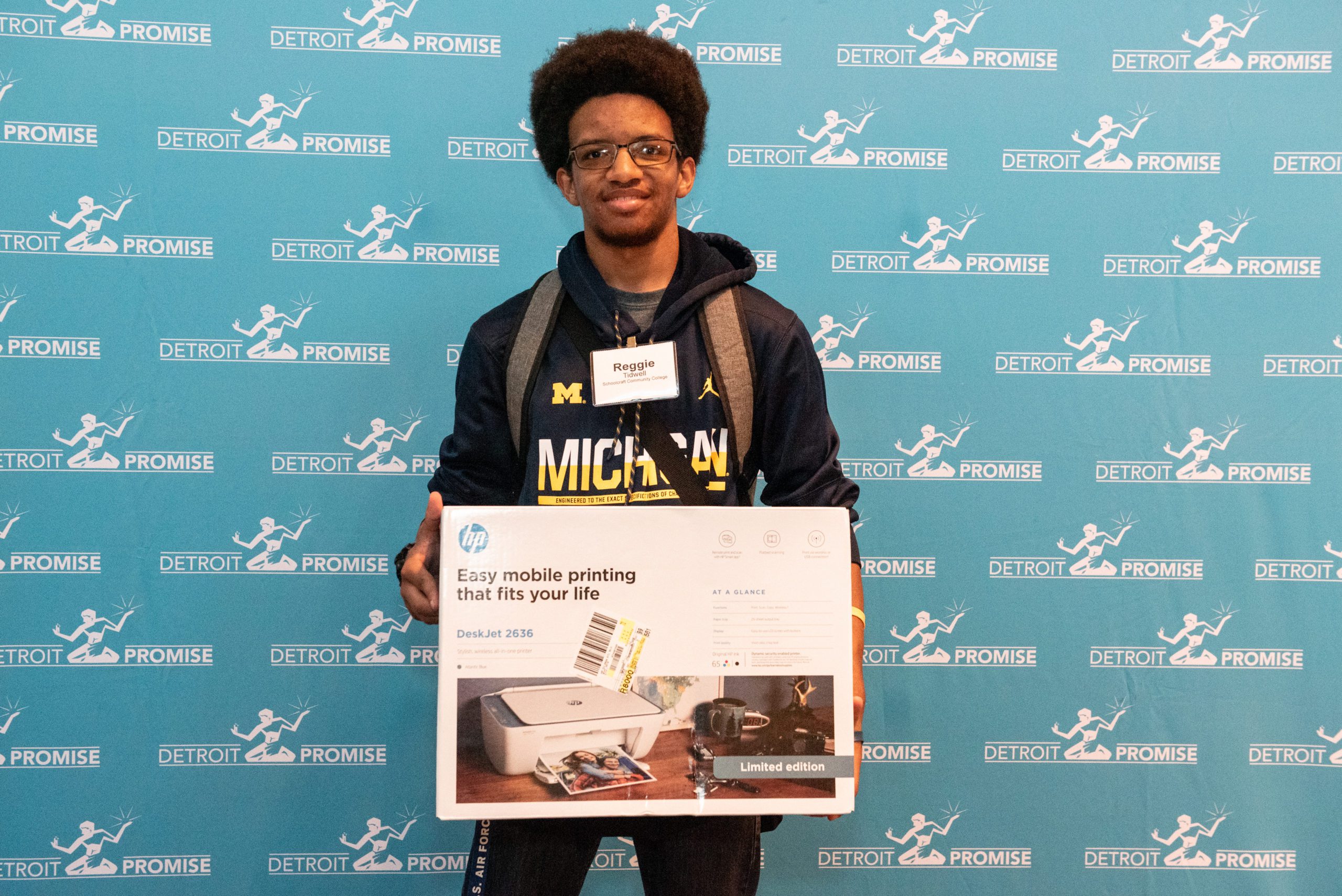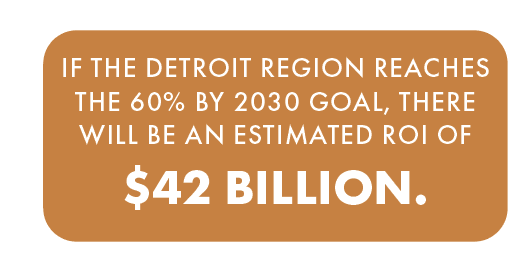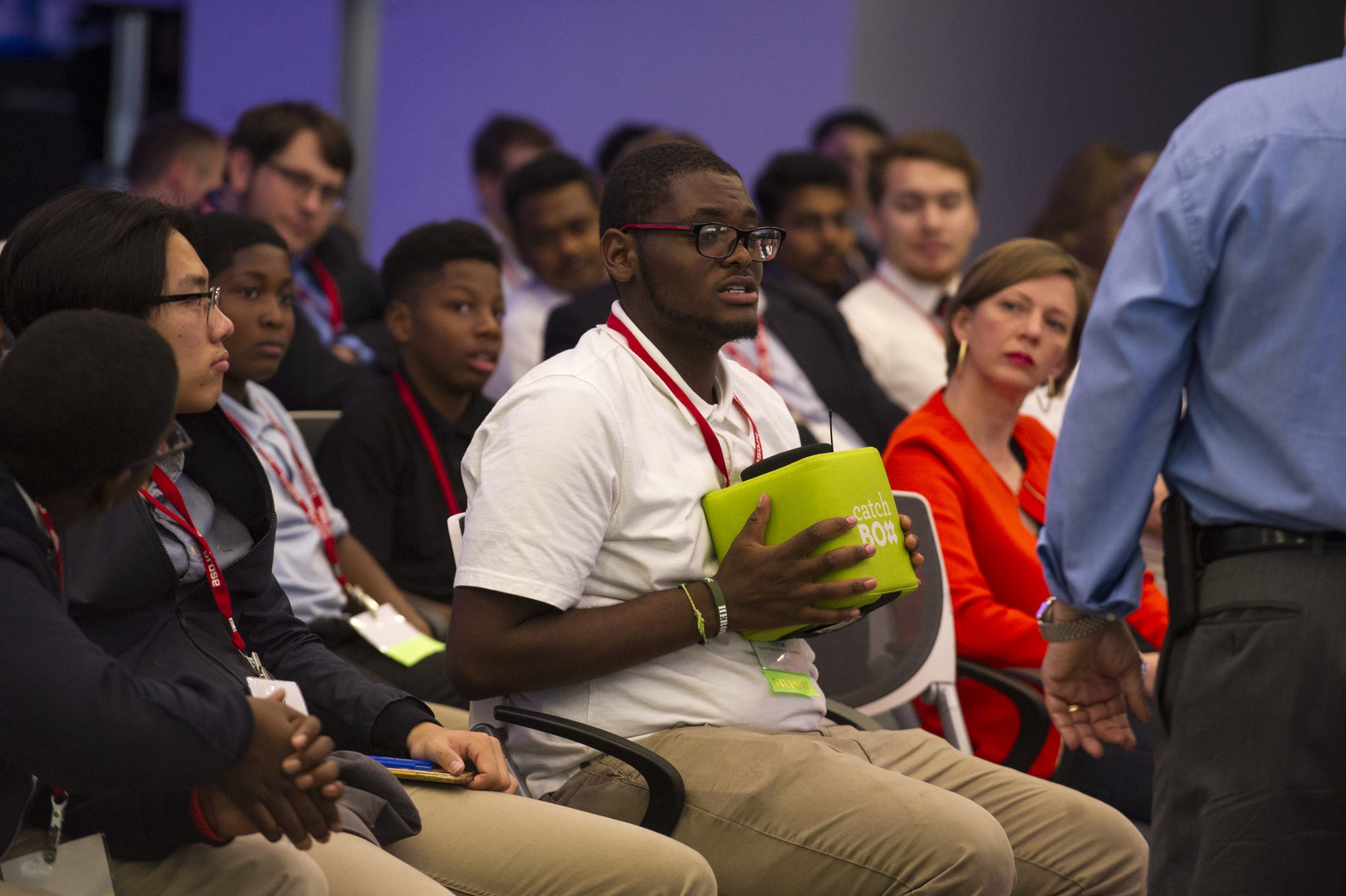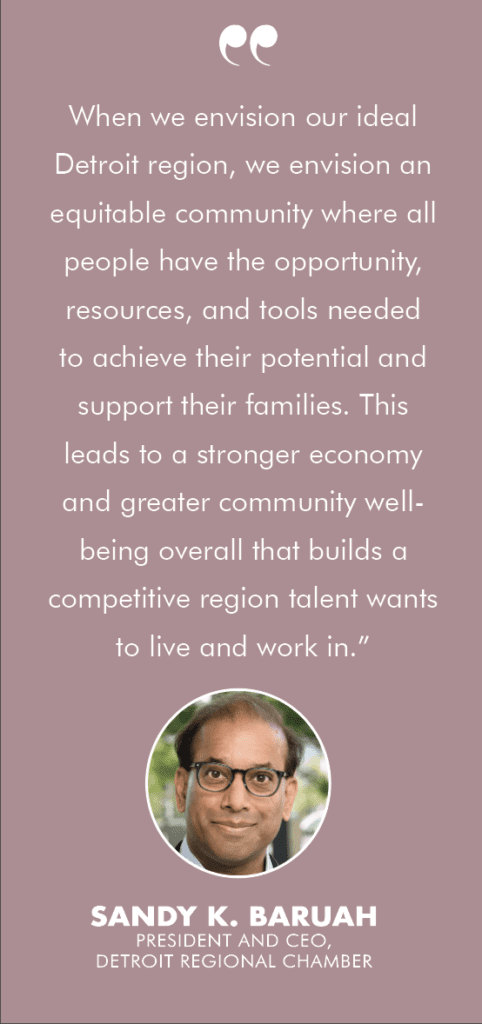An Equal, Equitable, and Inclusive Detroit Region Will Improve the Economy
October 7, 2020The Detroit Regional Chamber conducts robust membership, economic development, and advocacy programs and initiatives that help empower the Detroit region’s 11-counties. The Chamber has led efforts through these programs and initiatives to make education more equitable for Detroiters, empower neighborhoods and entrepreneurs, advocate for fair and equal legislation and transportation options, and embrace the critical conversations on our stages with national thought leaders and local business, government, and civic leaders.
As it looks to strengthen these efforts and put more resources towards the goals of uplifting racial justice discussions and achieving economic equity in the region, the Chamber will first look within to strengthen community efforts that already have a laid foundation.
Guaranteeing Greater Equity in Educational Outcomes
Grow the Talent Pipeline and Increase Per Capita Income
Detroit Promise
For 31 years, the Chamber has offered a tuition-free pathway to high school students in the City of Detroit, first through the Detroit Scholarship Fund, and currently through the Detroit Promise.
- 700 Detroit high school students annually.
- 98% of students are low-income or Black, Latinx, or another minority.
Through a study with the MDRC of student outcomes in the early stages of their college experience, the Chamber found that Detroit Promise students were facing many roadblocks in their first year that often led to the students dropping out. From struggling to find healthy and affordable meals, to transportation issues, and even in some cases homelessness – these students have life factors that pull their focus from education.
“Increasing access to higher education for more students isn’t enough,” said Greg Handel, the Chamber’s vice president of education and talent programs. “We have to make sure that students that haven’t traditionally fared well in college have the support they need to succeed in college.”

The Detroit Promise Path was quickly established to add “campus coaches” that provide intrusive advising full-time on the community college campuses. These Coaches meet with Detroit Promise students regularly, provide them a monthly stipend, and ensure they have access to resources beyond school, such as food assistance, transportation, time management, and more.
In 2019, the MDRC released an updated report that found the students with Coaches were twice as likely to complete 24 or more credits their first year, which is an important marker of being on a path to graduate. This program is now extended to every Detroit Promise student that enters college using the scholarship and is improving student retention, full-time enrollment, and credit accumulation among Detroit Promise students.
Efforts Underway to Increase Postsecondary Access, Success, and Talent
- 21%of adults who dropped out before completing their degree are Black.
- 45%of adults who have remaining institutional debt (owed to the school attended) are Black.
There are nearly 700,000 adults in the Detroit region with college credits, but no degree. If these adults were to complete a degree or skilled certificate program, the education attainment in the region would increase to the Chamber’s 2030 goal of 60% and reduce the racial equity gap by half. To reach these adults and help them navigate their options of returning to a degree or certificate program, the Chamber created the Detroit Reconnect advising program. The initiative helps adults returning to higher education, or those attending for the first time, to gain new skills, advance in the workplace, and fulfill lifelong dreams of completing a degree or credential.

The Chamber, through its Detroit Drives Degrees collective impact initiative, has worked on various strategic and aligned efforts with regional partners in education, business, and philanthropy to create a regional master plan – the Detroit Regional Talent Compact – that serves as a roadmap to reaching the Chambers goal of 60% by 2030 goal.
In 2019, the Chamber worked with three higher ed institutions to expand college debt forgiveness as a means to remove barriers to finishing a degree for this population. The partnership with Henry Ford College, Oakland University, and Wayne State University, was established to increase enrollment while helping students who may have dropped out due to not being able to pay a hold on their account. WSU is the first to offer debt forgiveness to its past student for attending any school in the state to finish their degree.

Empowering the Community Through Leadership, Resources, and Awareness
Over the past 41 years Leadership Detroit has provided a transformational leadership experience focused on solving the region’s biggest challenges. Every year 70 leaders are taken out of their comfort zones to challenge long-held assumptions and embrace diverse perspectives on quality of life issues.
2,000+ leaders have gone through the program that builds awareness of key regional issues and bringing about positive change, including driving prosperity and closing the equity gap.
 “Over the years, these leaders participating in the Leadership Detroit experience have proven that change can happen when creativity, ingenuity and hard work collide, and these same ingredients can improve the quality of life for the whole region,” said Dan Piepszowski, senior director of community leadership development at the Detroit Regional Chamber. “As it has since 1979, Leadership Detroit will continue its role in addressing, discussing and leading conversations important to race and diversity in the Detroit region.”
“Over the years, these leaders participating in the Leadership Detroit experience have proven that change can happen when creativity, ingenuity and hard work collide, and these same ingredients can improve the quality of life for the whole region,” said Dan Piepszowski, senior director of community leadership development at the Detroit Regional Chamber. “As it has since 1979, Leadership Detroit will continue its role in addressing, discussing and leading conversations important to race and diversity in the Detroit region.”
Although the program is taking a temporary hiatus due to the impacts of COVID-19 and not being able to convene for the in-person experience, Leadership Detroit will pick back up improving upon this already laid foundation of work next year. •

